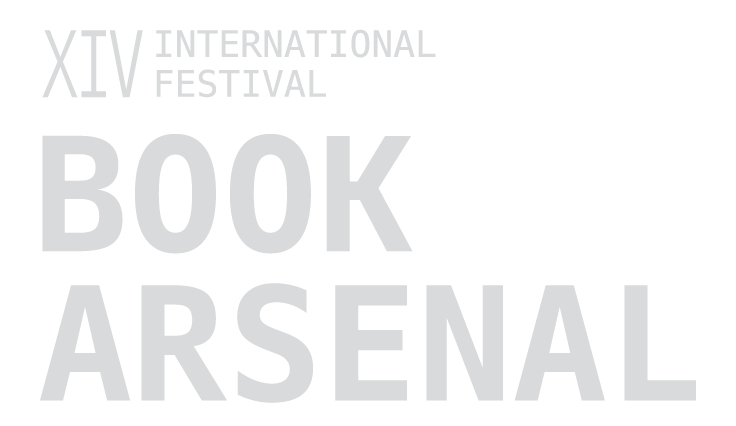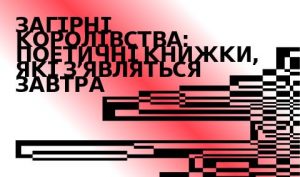The Tramontane Kingdom: Poetic Books that will Appear Tomorrow
Our country is in constant expectation: regarding to the literature, it is a dream of the Nobel Prize, a great novel, but what is more important, it is determination of the specific path of development. The curatorial poetry program is an attempt to reveal these expectations, take a look into the near future and delineate the tendencies of Ukrainian poetry. New unpublished poetry collections by authors from different generations are a separate kingdom. The Ukrainian poetry has always been diverse, but now authors are at the opposite poles of poetics, they feel the need of associations, collective readings less and less. Eventually, each poet creates his or her own language and kingdom of language. Inside each of the future collections are kings and courtiers, competitions are taking place between the rulers, the struggle for the throne is under way, and technologies that try to defeat a human, arise.
The program tells about the poetic books that will appear tomorrow, and the authors who will project the nearest future. The form will only supplement the content, because the words are the main tool. In the center of the future poetry collection by Myroslav Laiuk is neither poet nor human, but poetic and humane, Kateryna Kalytko — faith and doubt, Ostap Slyvynskyi — found ideals and bygone memories, Vano Kruger, Hienyk Beliakov and Oleksandr Motsar — hooliganism and conquest.
The Tramontane Kingdom is a curatorial program that will not only bring together not yet published collections, leaving the right for the first reading, but will also identify and fix the poetic symptoms of the present. What poetry will be read, what topics will be brought up, what concepts will be distinguished. There is an allusion to the “tramontane commune”, and hence humanistic ideals, the romantic projection of the future, where the world order adapts to a person and lets understand what the “poetic” will be like tomorrow, what images will return and the lack of what topics we will feel. The main issues of the poetic program as a repeater are: What is the ideal future? What will be the images? And where is the boundary between machines as a motive of progress and poetry as a unit of art and alternative reality at the same time?

